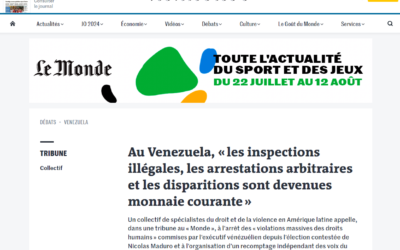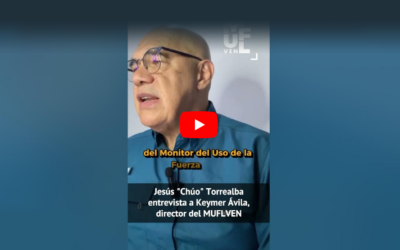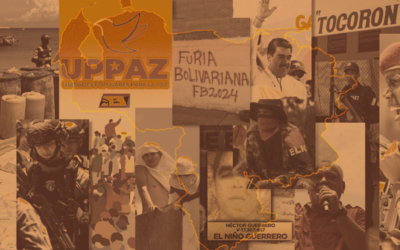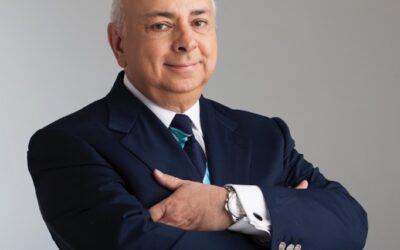Lilian Tintori at an opposition campaign rally in Caracas as the Socialist government looks likely to lose power for the first time in 17 years © AP
Caracas accused of orchestrating bloodshed to intimidate voters as it faces losing power
2 de diciembre de 2015
Andres Schipani
Facing an imposing statue of Venezuela’s 19th-century independence hero Simón Bolívar, Lilian Tintori, wife of imprisoned opposition leader Leopoldo López, prepares to deliver a message to voters: the government is trying to kill her but she will not yield in her quest to help “liberate” her country.
With the ruling Socialist party expected to be given a drubbing in congressional elections on December 6, the woman who has become a leading voice for Venezuela’s opposition, although she is not seeking office, is anxious. “If anything happens to me, it will be the direct responsibility ofPresident Nicolás Maduro,” she tells the FT in an interview at her husband’s family home in a leafy area of Caracas.
Ms Tintori’s fears are becoming commonplace among opponents of Mr Maduro’s crisis-hit government, as a spiral of violence ahead of Sunday’s elections grips the Opec nation and leaves it scarred by polarisation and bloodshed.
Indeed, Ms Tintori says Jorge Arreaza, Venezuela’s deputy president, called her this weekend to warn she was being targeted by hitmen and offering the protection of the intelligence services — who, she claims, have persecuted and intimidated her: “Are they really going to take care of me?”
Mr Arreaza says he has offered her and others protection from “ultra-rightwing groups” because he has information they are “targets, to generate confusion and then blame the government”.
But many blame the embattled president for delivering his own strong message to voters. “To the victory, whatever it takes,” he recently said. “Do you understand when I say whatever it takes?”
In a country awash with guns and with the world’s second-highest murder rate, some seem to have interpreted this as a call to arms.
In the latest and bloodiest of several incidents linked to election campaigning, Luis Díaz, a regional opposition leader, was shot dead last week at a campaign meeting held by Ms Tintori in the central state of Guarico. “There was a burst of 10 shots,” she says. “At first, I thought I was also hit.”
The government blamed the shooting on gang violence — ironic, given that a Socialist party campaign video features one of the country’s many menacing motorcycle gangs saying they will mobilise voters at any cost.
Henrique Capriles, the opposition leader and governor of Miranda state who narrowly lost the presidential election to Mr Maduro in 2013, claims guns were also fired at one of his meetings. Next Sunday, he says, “we are not just going to vote for change, we are also going to defeat the violent ones”.
“Violence has become so widespread here that it has inevitably moved into this highly polarised political arena,” says Keymer Ávila, a sociologist and criminologist with the Central University of Venezuela. “With direct orders or not, some thugs have taken Maduro’s message to heart.”
“To the victory, whatever it takes. Do you understand when I say whatever it takes?” Nicolás Maduro, president
The UN and governments from the US and Colombia to Venezuela’s leftist ally Brazil have condemned the violence and urged Caracas to rein it in. There is little sign Mr Maduro is listening: when Luis Almagro, secretary-general of the Organisation of American States, joined the chorus of disapproval, the president called him “Mr Rubbish”.
Instead, Julio Borges, a congressman seeking re-election with the opposition bloc, MUD, says the government is doing all it can to intimidate dissident voters as it faces losing power for the first time in 17 years. “This is part of a script, a violent one, but a script nonetheless,” he says.
Ms Tintori points out that the polls are fuelling the government’s anxiety. The latest Datanálisis survey put support for MUD at 56 per cent, with 37 per cent for the government. A Venebarómetro poll suggests 43 per cent could vote for the MUD, against 28 per cent for the chavismo.
MUD strategists believe the bloc can secure a victory margin of at least 15 points amid discontent over rampant crime and a ravaged economy characterised by widespread shortages and the world’s highest inflation rate.
However, analysts warn the poll numbers may not actually translate into congressional seats. “The main uncertainty in this election is not how many votes they secure overall but how big the breach is in favour of the opposition, when it comes to the numbers of seats they manage to secure in the assembly,” says Luis Vicente León, a political analyst and pollster.
Although December 7 looks certain to see a recalibration of political forces, it is unclear what this will mean. A narrow government victory in terms of seat numbers could worsen the current atmosphere of anarchy; a narrow opposition victory would prompt a political deadlock that could further fuel polarisation.
In an assembly of 167 legislators, a simple majority of 84 or more would allow a MUD-dominated legislature to remove Diosdado Cabello, the powerful Socialist head of the assembly, and veto the national budget. With a stronger majority of 101 or more it could censor ministers.
A supermajority of 112 or more would allow it to change the constitution and choose members of the Supreme Court and national electoral council. But the MUD is foremost expected to draft a bill granting amnesty to political prisoners such as Mr López.
Following the interview, Ms Tintori addresses a small crowd of supporters in Caracas who, while demanding her husband’s release, are wary of falling victim to the wave of political violence. “We want no more blood, no more bullet-shots,” she says. Despite the anxiety, the crowd is hopeful: “Change is coming,” they reply. “We have no fear.”
Publicado originalmente en: Financial Times
